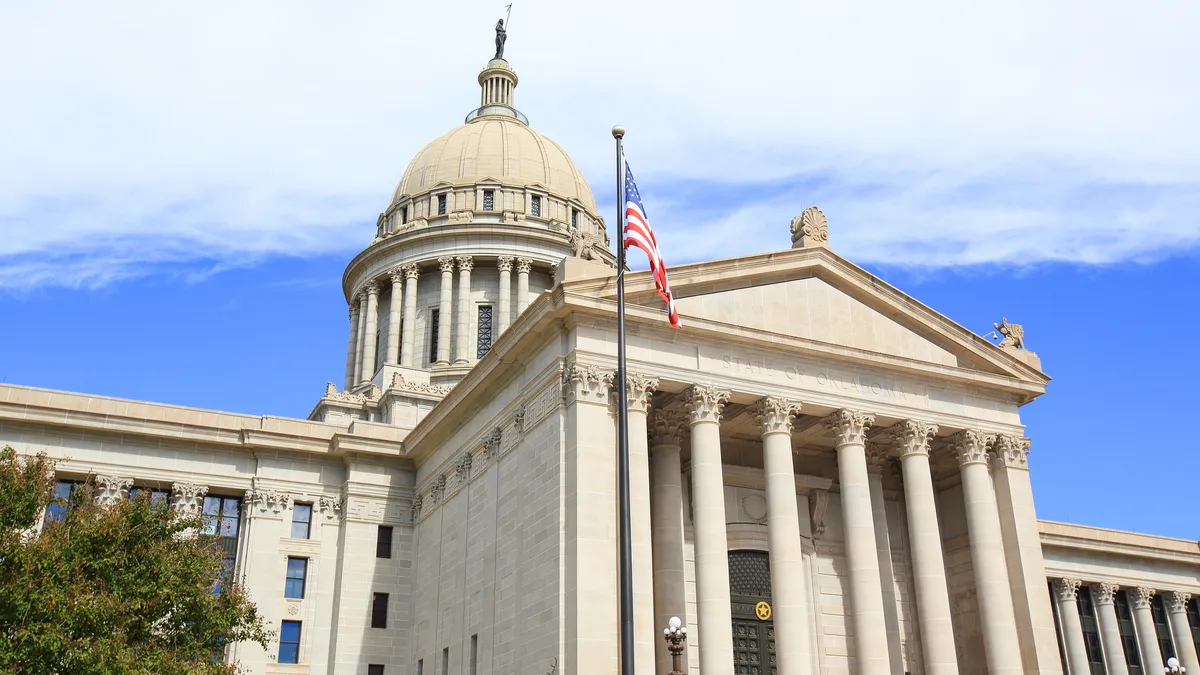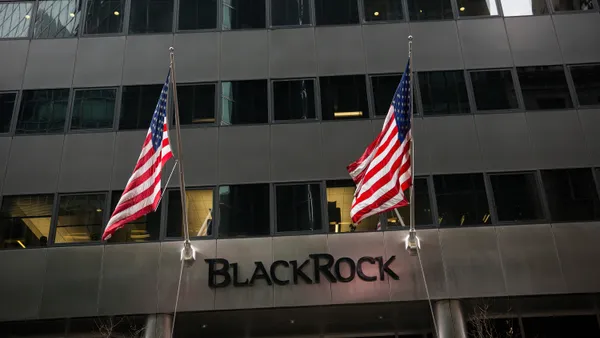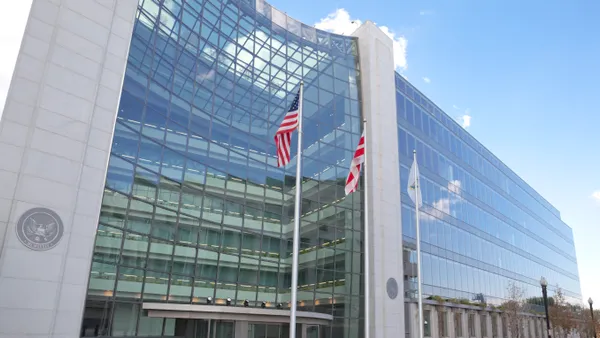Dive Brief:
- An Oklahoma District Court judge has blocked an anti-ESG law that prevents the state from doing business with financial institutions that it believes discriminate against oil and gas companies.
- Judge Sheila Stinson issued a temporary injunction on a lawsuit brought forward by a retired state employee in November, granting his request to halt the enforcement of Oklahoma’s 2022 Energy Discrimination Elimination Act. The plaintiff, Don Keenan, filed the suit against Oklahoma and its treasurer, Todd Russ, alleging the law was “unconstitutional.”
- Stinson said in her ruling Tuesday that any attempt by the state treasurer to divest or reallocate funds other than to benefit pensioners is “contrary to and a violation” of Oklahoma’s constitution. The ruling also stated that countering a “political agenda” of certain financial companies — as Russ contended in a letter to the Ohio Public Employees Retirement System last year — diverted from the retirement system’s “constitutionally stated purpose.”
Dive Insight:
Stinson’s decision comes days after the Sooner State added Barclays to its list of financial institutions restricted from doing business with the state over its alleged public commitment to boycott fossil fuel companies, per Russ’s office. The British bank joins BlackRock, JPMorgan Chase, Wells Fargo, Bank of America, State Street and eight others that have ended up on Oklahoma’s restricted list due to its contentious law.
The Republican-sponsored anti-ESG law prevents state agencies and political subdivisions from contracting with a company unless it confirms in writing it does not boycott energy companies.
Keenan’s lawsuit alleged that the law violated the First Amendment because it prevented state-managed pension funds from operating for the “exclusive benefit” of their beneficiaries. Keenan, who previously served as the state president for the Oklahoma Public Employees Association, said in his suit that the 2022 law was “unconstitutionally vague” as it provided the state treasurer “a lot of leeway” in determining how and if firms were discriminating against the oil and gas industry.
Stinson’s ruling bolstered Keenan’s argument about the act’s nebulous language, noting that the court identified five separate sections in the act that contained “conflicting and vague provisions” that could spur claims and conflicts regarding its implementation. Further, the judge said the act failed to explicitly define certain phrases that were “vital” to its “function and application.”
Keenan’s lawsuit isn’t the only opposition being faced by the anti-ESG bill. Last month, a report by the Oklahoma Rural Association found that the law was having “deeply adverse effects” on the state’s rural communities and negatively impacting its finances. The report found that Oklahoma had spent an additional $185 million since the enactment of the 2022 law and municipalities incurred a 15.7% rise in borrowing costs due to this.
Oklahoma’s 2022 bill is one of many GOP-backed efforts being led across multiple states to prohibit the inclusion of environmental, social and governance factors when making investment decisions. At least 25 anti-ESG bills passed in 12 Republican-led states, and 19 states have at least one bill opposing the principle on their books, according to S&P Global Market Intelligence.
Earlier this year, New Hampshire introduced a bill that even made the use of ESG as an investment criterion a felony, punishable by up to 20 years in prison.












